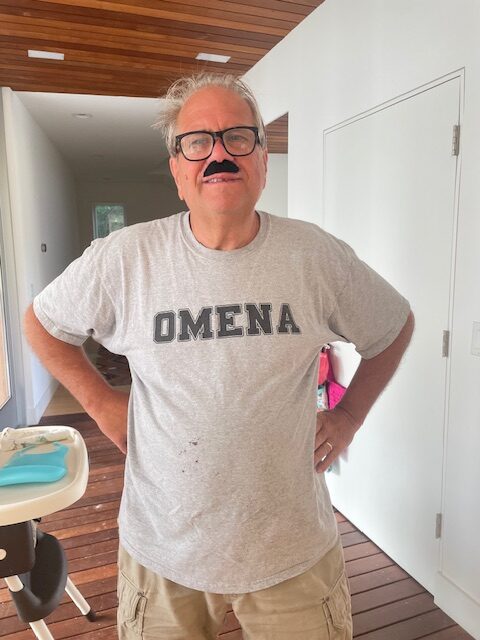Academic Biography
Hailing from the great state of Michigan, Steve is emotionally tied to the Great Lakes and Canadian sensibilities. His frequent visits as a child and teenager to see his numerous relatives in the wilds of Northern Ontario’s North Channel nurtured Steve’s love of nature. Coming from a working-class family, he eventually found his way to the University of Michigan, Ann Arbor where he earned his PhD. He is a third-generation comparative environmental/ natural resources sociologist out of the Yale University’s natural resources/environmental sociology lineage network (see tab on the original environmental sociology networks). His interests include organizations, values, and politics and becomes most excited when research questions combine these topics with environmental concerns. Over his long career, he pioneered several lines of scholarship in environmental / natural resources sociology, and organizational studies. In environmental / natural resources sociology, Steve is best known for his work in three areas – comparative environmentalism, the sociology biodiversity conservation, and climate change. As an early explorer of comparative and global environmentalism, Steve challenged Ronald Inglehart’s well-established Postmaterialist Values Thesis. Steve found Inglehart’s use of the public’s concern and action to protect the environment, as a key example of a cultural shift, to be problematic. This was especially true regarding the Materialist-Postmaterialist divide especially in a comparative context. The second line is the sociology of biodiversity conservation (often called “people and parks”), with his Michigan mentor, the late Patrick C. West, and later with former Michigan graduate students, particularly regarding the political, social impacts, justice, and management concerns that arose with the global expansion of the US national park ideal, especially those located in the populated tropics, i.e. preserving land without human occupation. His third area is climate change, where Steve produced some early comparative/cross national public opinion reviews on climate change. He also promoted the sociology of international organizations where he and another Michigan mentor, the late Gayl D. Ness, helped to introduced organizational sociology to international relations and international organization (IO) scholars, emphasizing greater organizational agency in shaping international events; Steve also provided an earlier organizational work on addressing natural resources and environmental concerns, especially by tree planting as an economic development scheme in developing nations. His most current research focuses on numerous social dimensions of climate change, and how to achieve sustainability. See the research tab for more detailed descriptions of his newer and older areas of scholarship.
Publications
Awards & Distinctions
- See CV
Courses
- See Course Schedule
